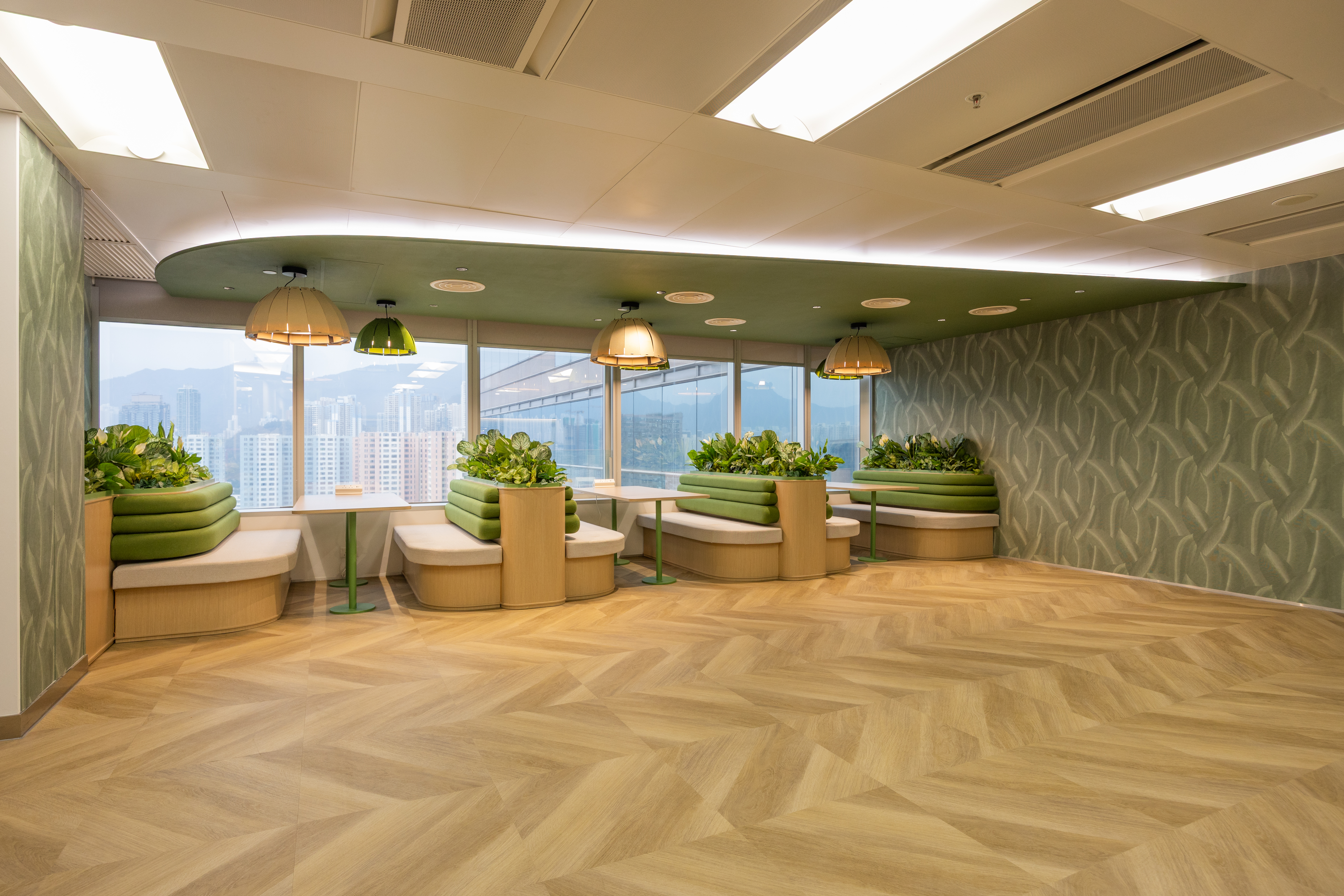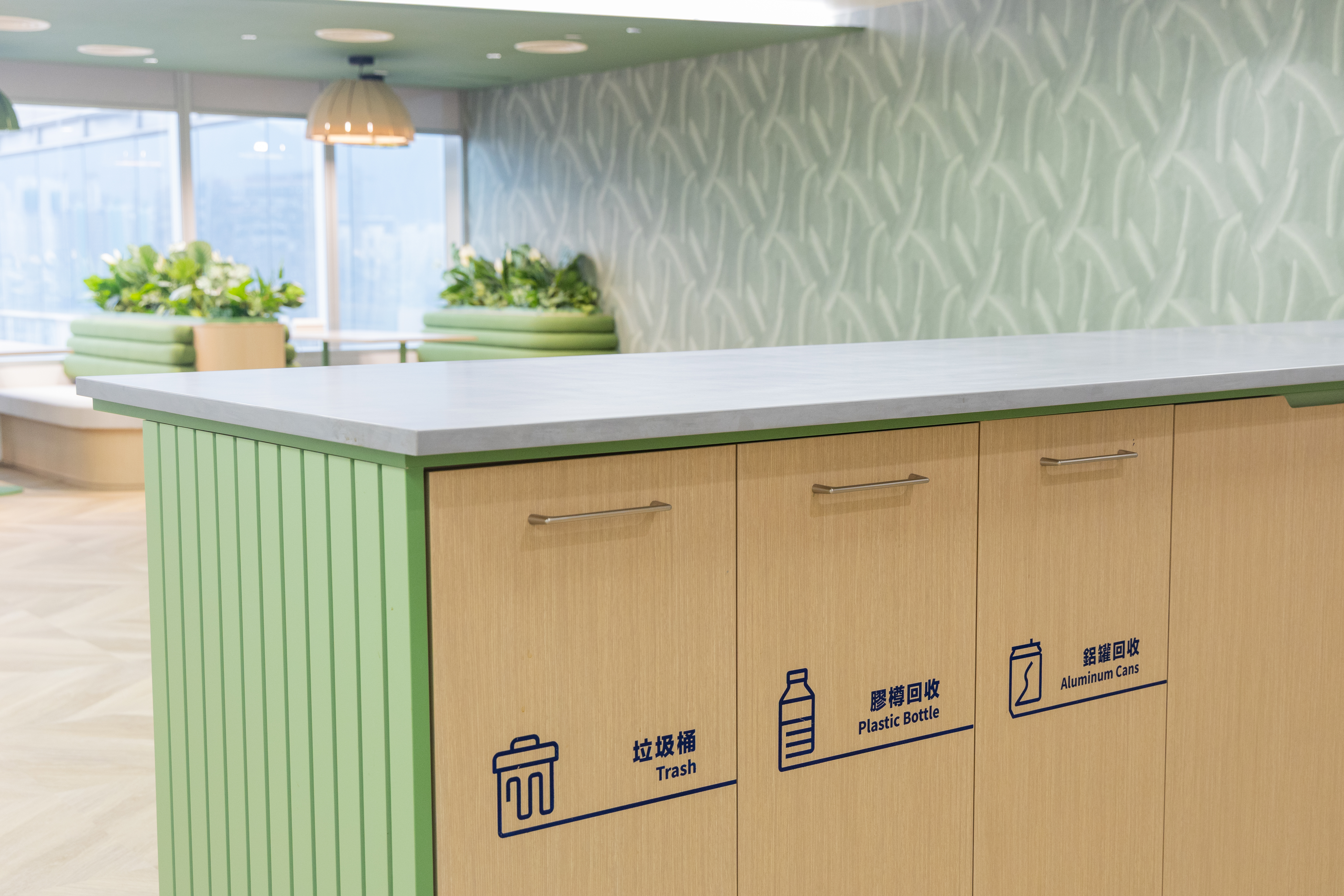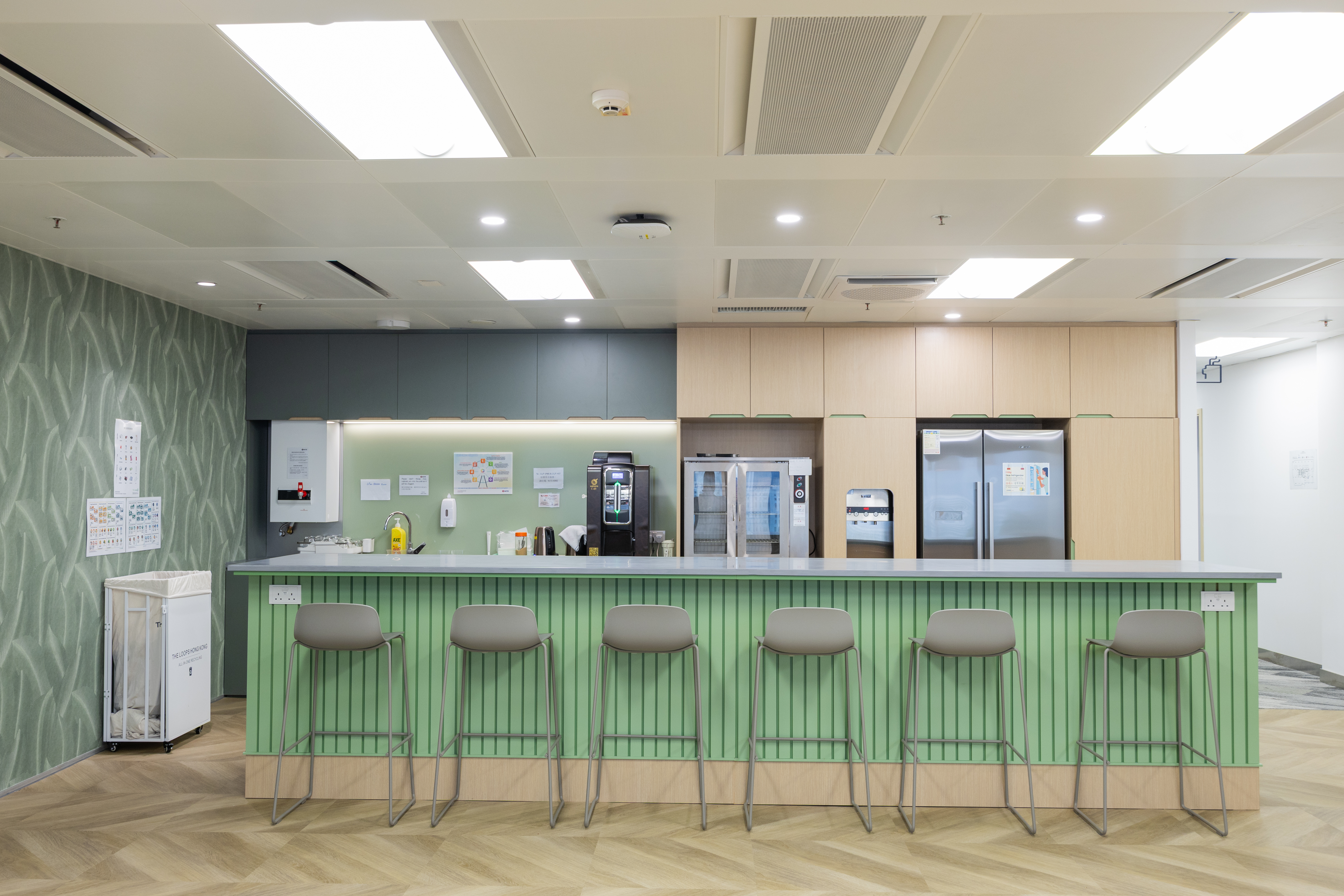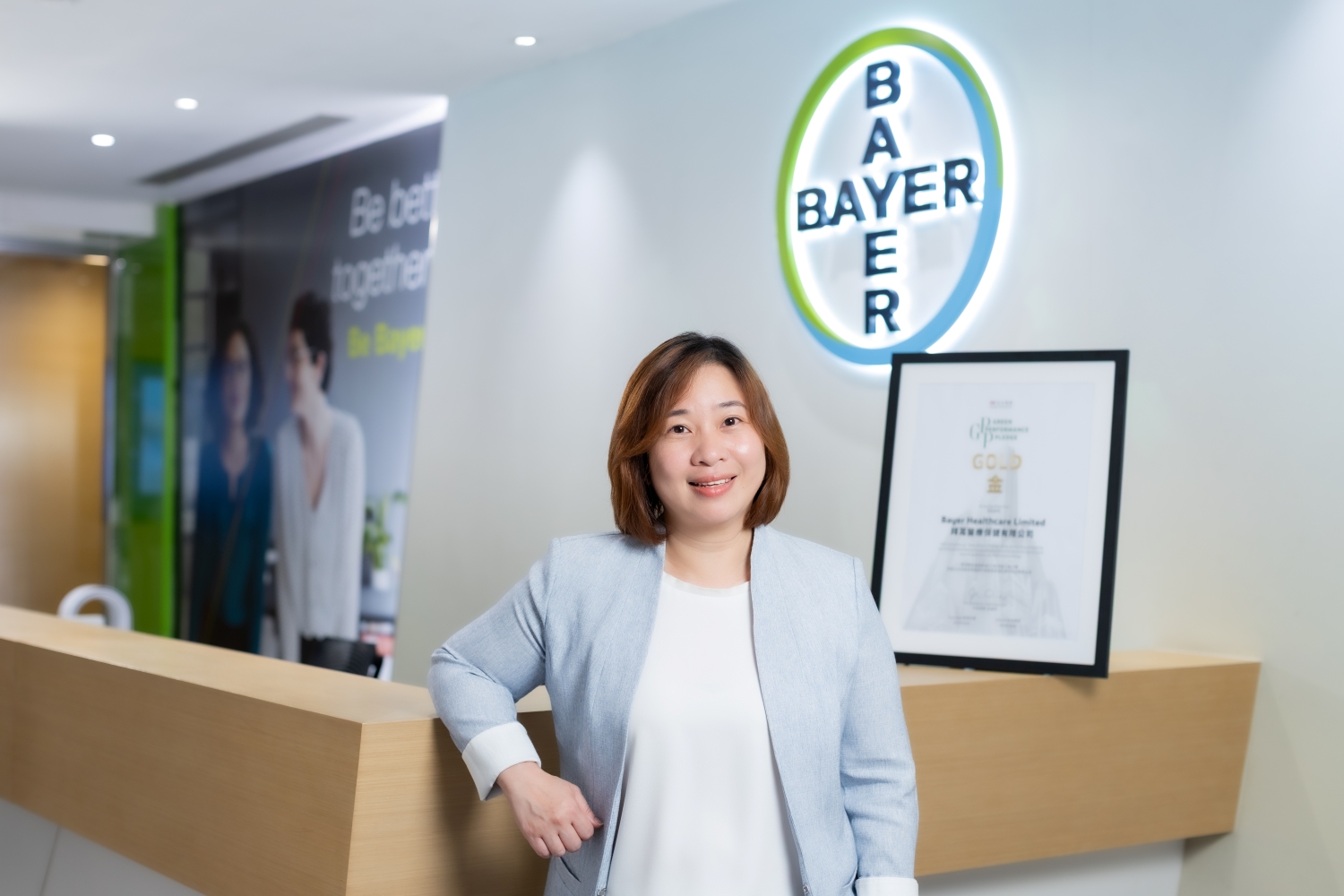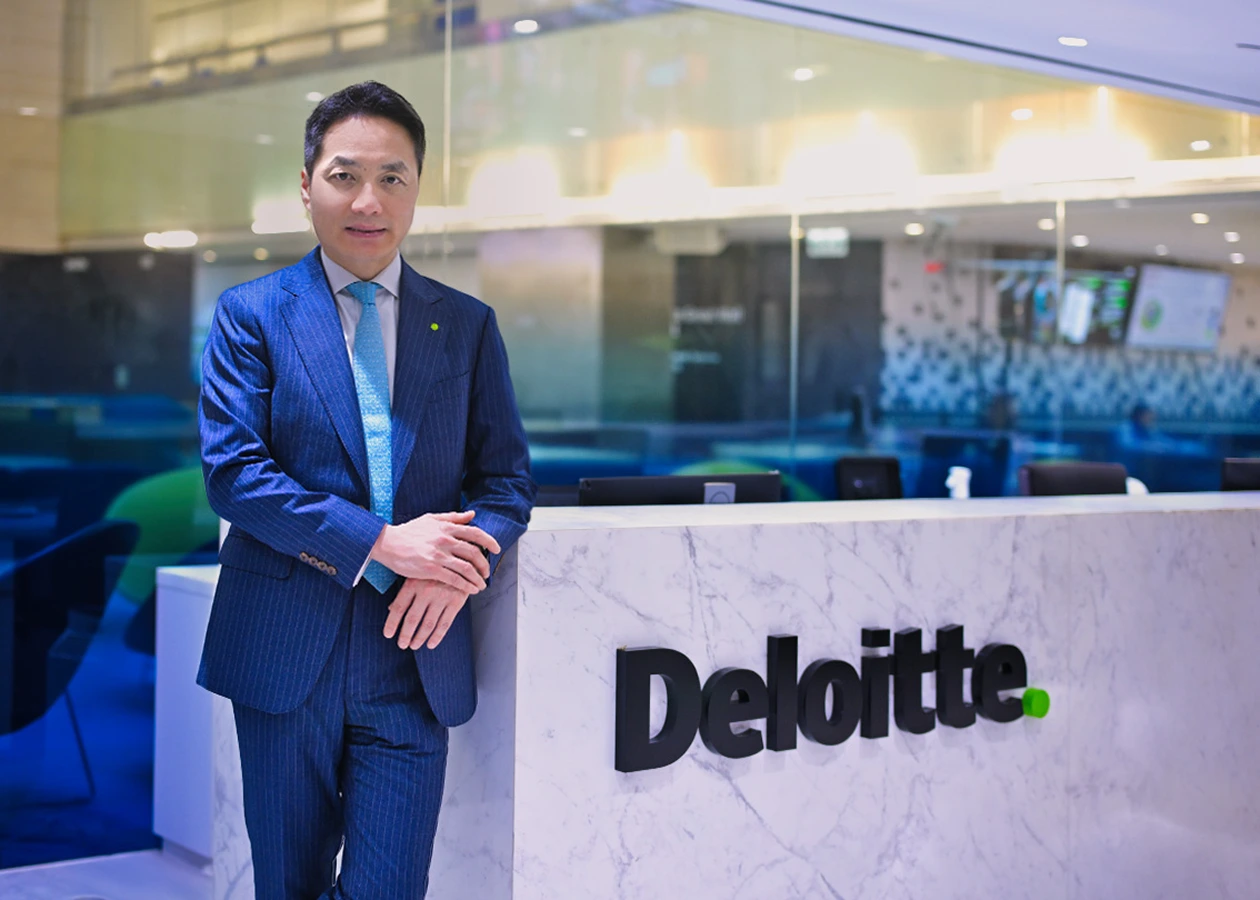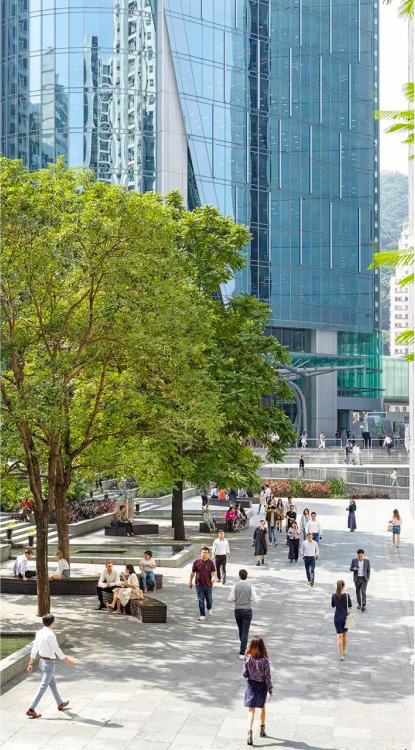Tenant Spotlight – Designing Future-Ready Transit
11 Aug 2025
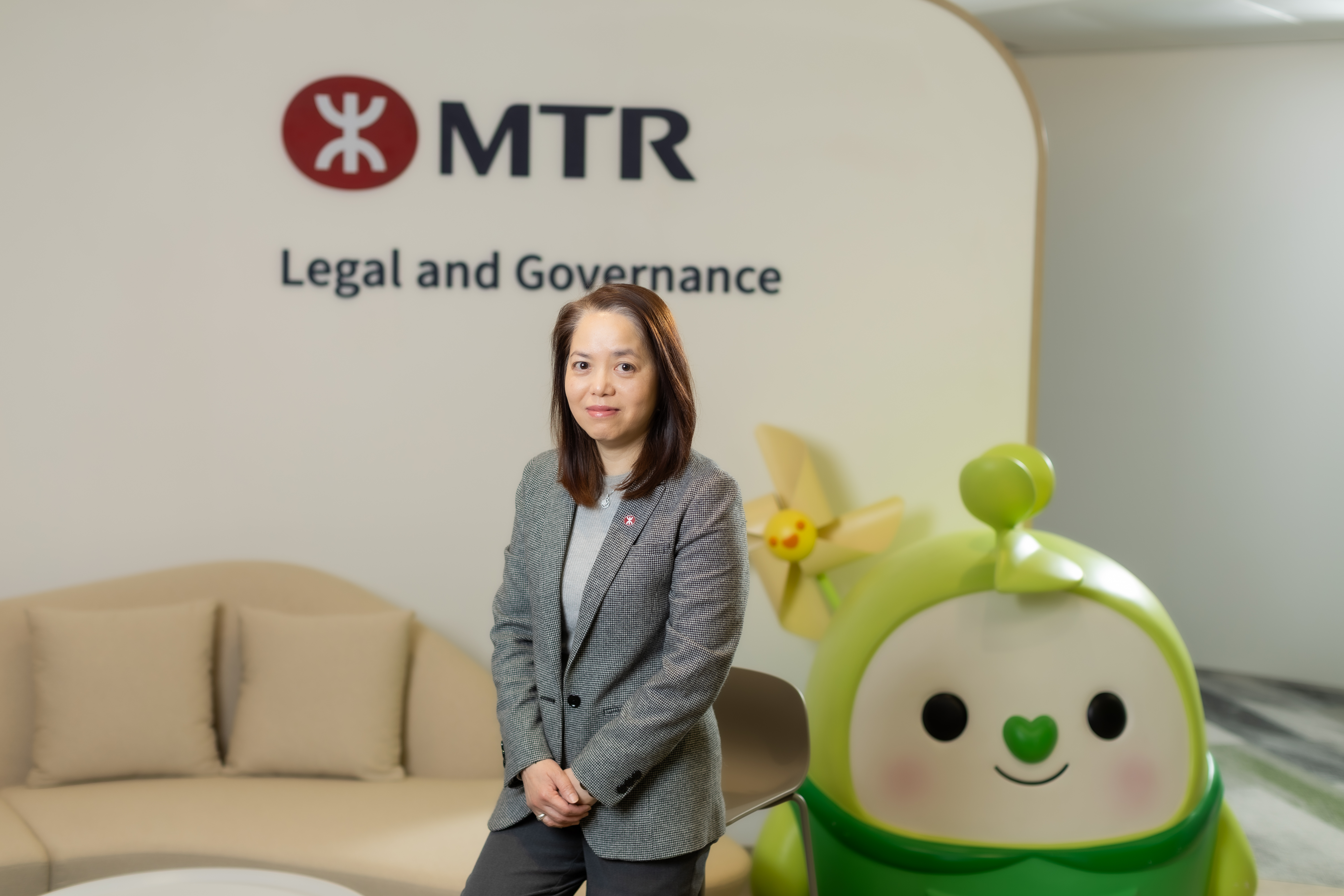
We were pleased to sit down with Jessica Chan, Head of Sustainability of MTR Corporation, to explore how one of Asia’s largest transport operators is embedding ESG into every level of its operations. Jessica shared valuable insights into the sustainability challenges facing the transport sector—from reducing Scope 3 emissions to driving the behavioural change needed to enable more responsible practices. MTR’s satellite office at Swire Properties’ One Citygate is a member of the Green Performance Pledge (GPP) – a case-in-point that collaboration is increasingly relevant across and within industries seeking to embed sustainability at scale.
MTR is steadfastly committed to responsible practices. Can you please tell us more about your approach to sustainability?
Jessica:
MTR’s sustainability strategy is built around three main objectives: promoting social inclusion, fostering advancement and opportunities, and reducing greenhouse gas emissions. These pillars are translated into ten focus areas—from clean energy to diversity and inclusion—each anchored by corporate-wide KPIs. While the strategy is unified, our regional operations adapt it to reflect local contexts and conditions. Most importantly, sustainability goals are part of personal KPIs, maintaining accountability at every level.
Stakeholder engagement is integral to our approach. We gather and balance feedback from a wide range of voices—including passengers, customers, employees, investors and business partners. Based on local context, every regional operation identify and respond to local sustainability priorities.
Innovation plays a vital role in driving progress. Through the MTR Research Funding (MRF) Scheme, managed by the MTR Academy, we fund academic research that contributes to the sustainable evolution of rail transport. Equally important is sustainable design. Our capital works team ensures that sustainability considerations are embedded into the infrastructure we build—especially our stations—by leading integration at every stage of development.
In addition, collaborative platforms such as the GPP, spearheaded by Swire Properties, have served to support our alignment with sustainability benchmarks at the office-level, enabling stronger, data-driven practices at our relevant premises and driving continuous improvement in our sustainability efforts.

MTR has done a lot to engage stakeholders—both internal and external—as part of your placemaking efforts. Please tell us more about your social initiatives.
Jessica:
Our “Art in MTR” programme has turned transit hubs into cultural spaces, enhancing the urban experience for passengers. This includes exhibitions, performances and art installations, offering artists a platform to showcase their talents. In addition, we display archaeological relics discovered during construction in Sung Wong Toi Station, transforming the station into a living archive of the city’s cultural past.
Beyond cultural engagement, our ESG Fund supports both environmental and social investment projects. One key social project is the Legacy Train Revitalisation Programme, which creatively repurposes decommissioned train parts into train-themed classrooms, thereby delivering educational and community benefits. Complementing these efforts, our subsidiary, MTR Lab, serves as an investment arm that identifies high-potential startups and technologies to enhance our performance, customer experience and sustainability impact.
Social initiatives are equally prioritised within the company. Our Social Inclusion Week features activities like Dialogue in the Dark, designed to foster empathy. In 2023 and 2024, , we delivered over 300 DEI training sessions each year, reinforcing our commitment to creating an inclusive workplace culture.
To assess the effectiveness of these efforts, we track social inclusion KPIs related to universal basic mobility, diversity & inclusion and equal opportunity. We are actively exploring more robust methods to enhance how we measure and monitor the social impact of our initiatives.
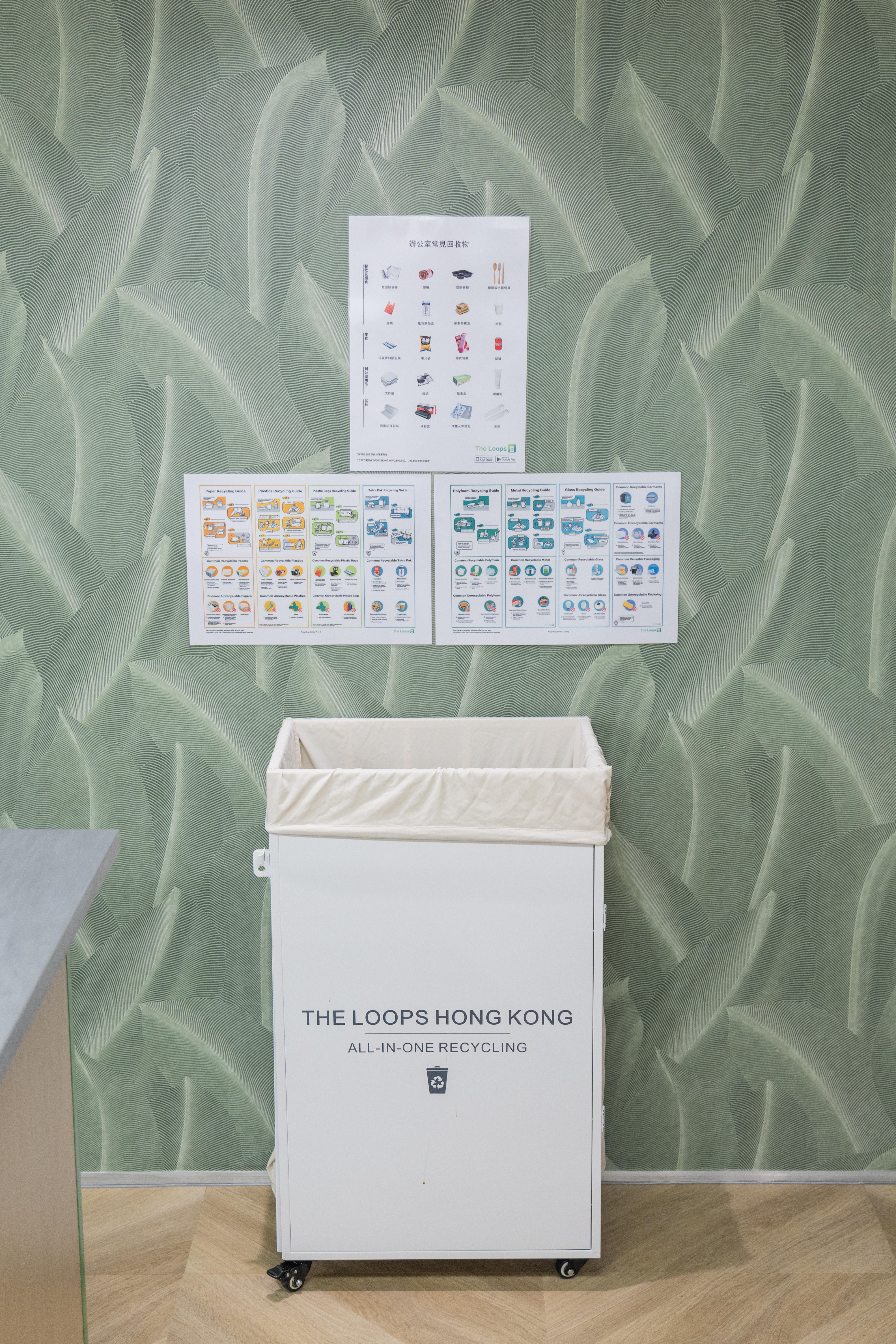
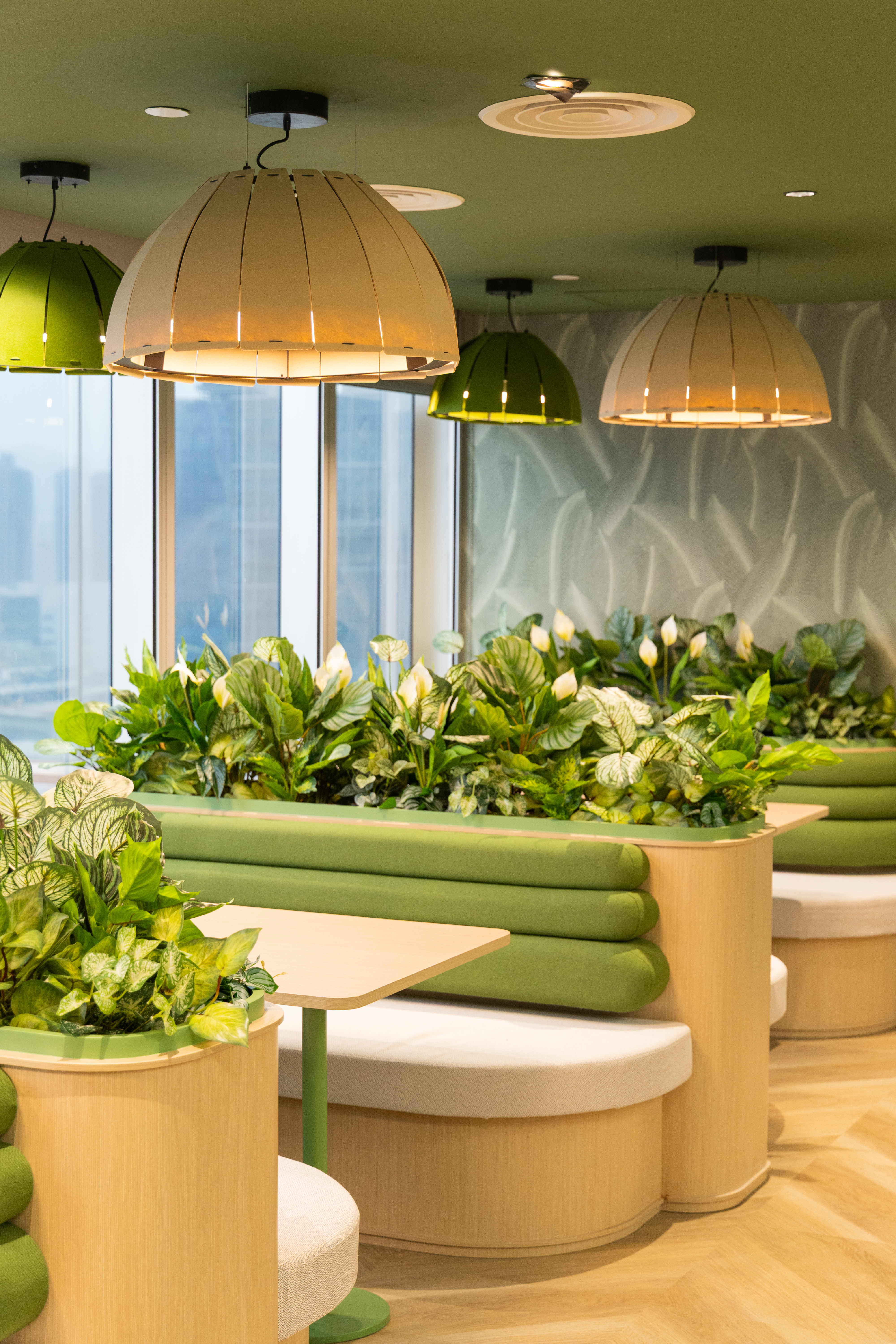
What role has the GPP played in supporting MTR's goals?
Jessica:
Joining the GPP aligns closely with our corporate commitments, bringing us closer to meeting our sustainability objectives. MTR's satellite office at One Citygate became a signatory to the GPP in 2024. The office has been guided by Swire Properties’ Sustainable Fit-out Technical Guide, a comprehensive and practical resource that has made it easier to implement structured sustainability improvements in our office fit outs. The green and wellness features adopted were validated by the Citygate Management Office, and the office was recognised with a “Two Seed” Award, the second-highest rating in the scheme, for adopting many of the recommended features.
The programme has also supported us by providing smart meters to measure electricity and water use, along with transparent data to benchmark energy performance. Such opportunities to share best practices with peers enable collaboration, benchmarking and continued improvement.
The GPP has been instrumental in enhancing the management of our office footprint. The process has been seamless, underpinned by guidance from Swire Properties’ sustainability team. This support has provided us with the assurance and confidence needed to advance our sustainability goals with clarity. We will continue to leverage this valuable platform to monitor and improve the sustainability performance of our premises.
Looking ahead, what innovations will define the next decade in public transport?
Jessica:
Given that public transport is inherently energy-intensive, in the next decade we must focus on energy efficiency improvements and renewable and clean energy solutions. With this in mind, we have already conducted a study on hydrogen-powered light rail vehicle. There will also be a focus on enhancing accessibility for an ageing population and exploring new approaches to stakeholder engagement across jurisdictions. Sustainability in transport isn’t just about infrastructure—it’s about building communities and cities that adapt, evolve and include everyone.
The GPP is our flagship programme towards achieving our SD 2030 Strategy and longstanding commitment to fighting climate change, in joint efforts with our office tenants in Hong Kong and the Chinese Mainland. Learn more about the programme on the GPP Website.


